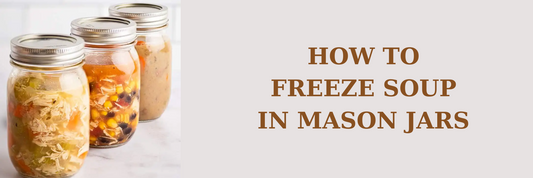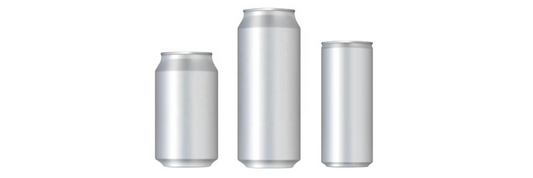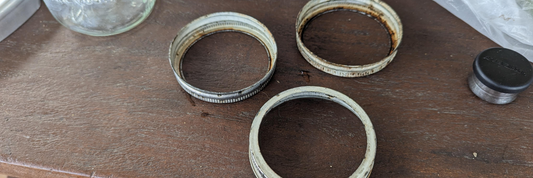One of the biggest questions surrounding the use of plastic bottles is: “Can plastic bottles cause cancer?” This concern stems from rumors that chemicals in plastic can leach into food and drinks, causing harm to human health, including the risk of cancer. This article will answer all your questions about the cancer risk of plastic bottles, the chemicals hidden in plastic, and how to use plastic bottles safely.
- Can You Put Hot Water in Plastic Bottles? Is It Safe?
- Will plastic water bottles explode in the freezer?
- Can Plastic Bottles Go in the Microwave?
- Are Plastic Bottles Bad for You?
- Which number plastic bottles are safe for drinking water
The Composition of Plastic Bottles
Plastic bottles are made from plastics such as PET (Polyethylene Terephthalate) and HDPE (High-Density Polyethylene), the two most common types of plastic on the market. In addition, there are also BPA (Bisphenol A) and phthalates, two chemicals commonly used to increase the durability and flexibility of plastic.
- PET is commonly used to produce drinking water bottles and is a lightweight, highly recyclable plastic. However, PET can release chemicals when exposed to high temperatures.
- HDPE is often used for harder plastic bottles, such as milk bottles or cooking oil bottles.
- BPA and phthalates are additives commonly used in plastic manufacturing, but they have been criticized for their potential to cause endocrine disruption and other health problems.
Types of Plastics Used in Bottles
- PET (Polyethylene Terephthalate): The most common type of plastic, often found in beverage bottles. Although recyclable, PET can release chemicals when exposed to high temperatures or repeated use.
- HDPE (High-Density Polyethylene): Used for harder plastic bottles, it is safer than PET for reuse, but is still not recommended for exposure to high temperatures.
Do Plastic Bottles Release Harmful Chemicals?
One of the biggest concerns about plastic bottles is leaching - the process by which chemicals in the plastic can migrate into drinks or food, especially when plastic bottles are exposed to high temperatures, sunlight or used in microwaves.
When plastic bottles are heated or left in the sun, the plastic molecules can break down, allowing additives like BPA and phthalates to easily leach into drinking water.
Studies have shown that temperature and storage conditions can increase the risk of chemicals leaching from plastic bottles, exposing consumers to harmful substances.

What are BPA and Phthalates?
- BPA (Bisphenol A) is a chemical used to make polycarbonate plastics and coatings. BPA has been removed from many products because of health risks, including endocrine disruption and cancer.
- Phthalates are used to soften plastics, but they are also endocrine disruptors, which can affect the reproductive system and body development.
- Are BPA-free plastics safe? While BPA-free plastics are considered safer, recent studies have shown that alternatives such as BPS (Bisphenol S) can be just as harmful as BPA.
Can Plastic Bottles Cause Cancer?
The issue of plastic bottles causing cancer is one of the topics that many people are interested in and debated. According to major health agencies such as the US Food and Drug Administration (FDA) and the World Health Organization (WHO), there is no strong scientific evidence to prove that plastic bottles directly cause cancer.
Some studies have shown a link between exposure to phthalates and BPA and the risk of certain cancers such as breast cancer and prostate cancer. However, these studies are still under review and have not reached a final conclusion.
The risk of cancer from plastic bottles depends on many factors such as the type of plastic, how it is used, and the level of exposure. For example, using plastic bottles that are recycled multiple times or that contain hot liquids can increase the risk of chemical leakage, which can lead to health problems.
Cancers linked to exposure to plastics
Several cancers have been linked to exposure to chemicals in plastics, including:
- Breast cancer: Some studies have shown that phthalates and BPA may be endocrine disruptors, increasing the risk of breast cancer.
- Prostate cancer: BPA may affect the hormone testosterone and lead to the risk of prostate cancer.
How to Use Plastic Bottles Safely
- Avoid exposure to high temperatures: Keep plastic bottles away from sunlight, do not leave them in hot cars, or use them for hot water.
- Check the recycling code: Recycling codes on plastic bottles (such as codes 1, 2, and 4) are generally safer than those on other types of plastic.
- Clean the bottle properly: Rinse the bottle after each use and check for signs of damage such as cracks or scratches.

FAQs About Plastic Bottles
Is it Safe to Reuse Plastic Bottles?
If the plastic bottle is clean and undamaged, it is safe to reuse. However, old or scratched plastic bottles may increase the risk of chemical leakage.
Does the BPA in Plastic Bottles Cause Cancer?
BPA is an endocrine disruptor and may affect health. Although there is no definitive evidence that BPA causes cancer, experts recommend avoiding long-term exposure.
Which Type of Plastic Bottle is Safest?
Plastic bottles made from PET (code 1) and HDPE (code 2) are considered safer for everyday use.
Is it Dangerous to Leave Plastic Bottles in a Hot Car?
Yes, high temperatures in cars can increase the risk of chemical leakage from plastic bottles. It is best to store plastic bottles in a cool place.
Does Leaving Plastic Bottles in the Freezer Cause Cancer?
No, there is no scientific evidence that leaving plastic bottles in the freezer causes them to leach carcinogens.
Conclusion
Plastic bottles can pose a health risk when exposed to high temperatures. While there is no clear evidence that plastic bottles directly cause cancer, improper use of plastic bottles, especially when containing hot liquids, can lead to the release of toxic chemicals. To ensure safety, choose alternative materials such as glass or stainless steel, and limit the reuse of old or damaged plastic bottles.









